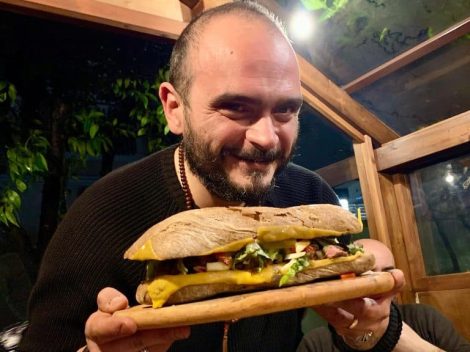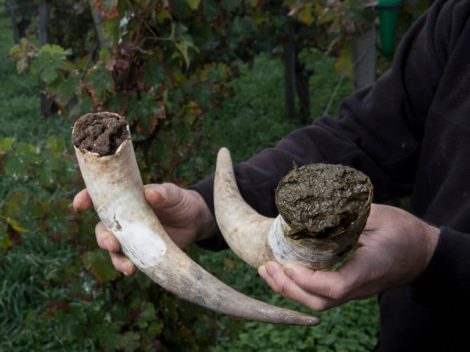The stakes have been raised. The individual winery converting to organic is no longer news, especially because if the neighbouring vineyard continues to use a series of pesticides, a mere gust of wind can postpone the issue indefinitely. Environmental sustainability and the organic shift are becoming increasingly central themes in the agendas of consortia and appellations.
The race for supremacy in Spain
From Spain comes the news that the Penedès Designation of Origin (Do Penedès), whose hectares lie in the provinces of Barcelona and Tarragona, is set to achieve the coveted milestone of being the first fully organic appellation by 2025. The president of the Denomination, Joan Huguet, was clear in an interview with The Drink Business: "For us, it's easy. We are a region close to the sea, so we have few problems, and it's easy for us to be organic.
We are sure that organic is better for our landscape, healthier, and more sustainable. Certainly, by 2025, it will be mandatory to be organic. If you're not organic, you can't be part of the Do Penedès". The Spanish appellation currently produces approximately 18 million bottles of still wine and 1 million bottles of sparkling wine. In parallel, also by 2025, the neighbouring Cava will obtain organic certification for the highest category, the Cava de Paraje Calificado.
The Italian Situation
And how are we doing in Italy? Among the most significant designations, Franciacorta stands out, with approximately 70% of its 3,000 hectares of vineyards currently managed under organic practices. The region has implemented detailed internal protocols to assess and monitor biodiversity levels. However, an even more advanced designation is found in Tuscany, specifically in the province of Arezzo (including the subzones Pratomagno and Pietraviva). We're talking about the DOC Valdarno di Sopra (featuring Sangiovese and international varieties for reds, and Malvasia, Chardonnay, or Sauvignon for whites), established in 2011. Despite the Penedès, the milestone has already been reached here, but the journey to official recognition is still long.
"Today, our designation is the only one in Italy entirely certified organic. We are around twenty producers, plus three erga omnes, and in our territory there are no cooperative wineries or bottlers. It's not a marketing or greenwashing choice, rather a strengthening that should lead us to the ultimate goal: obtaining organic DOC status", declared Luca Sanjust, President of the Consortium. However, the Ministry has not yet approved the inclusion of organic as an essential condition in the regulations. In 2020, the Ministry of Agriculture gave a negative response, but Tuscan producers, who could already claim the primacy in Europe, aren’t giving up, assering their milestone already achieved but hindered by those who should promote it. "Nemo propheta in patria" - no one is a prophet in their own land.

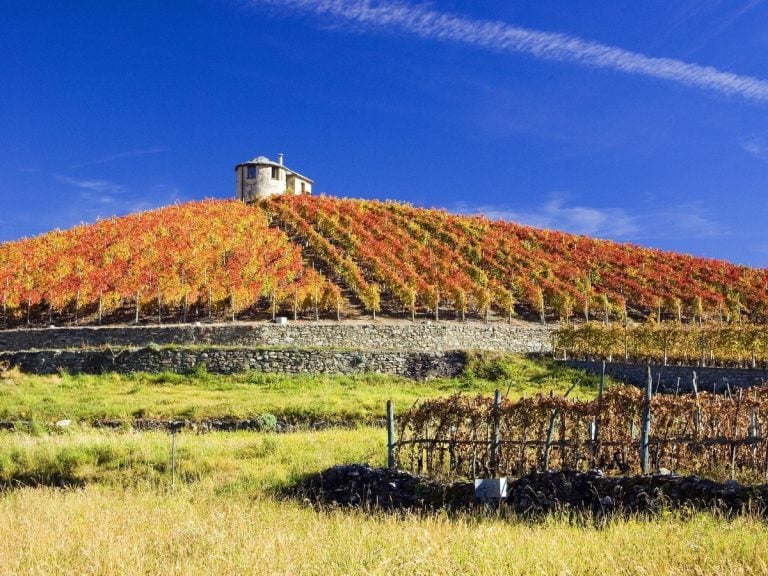
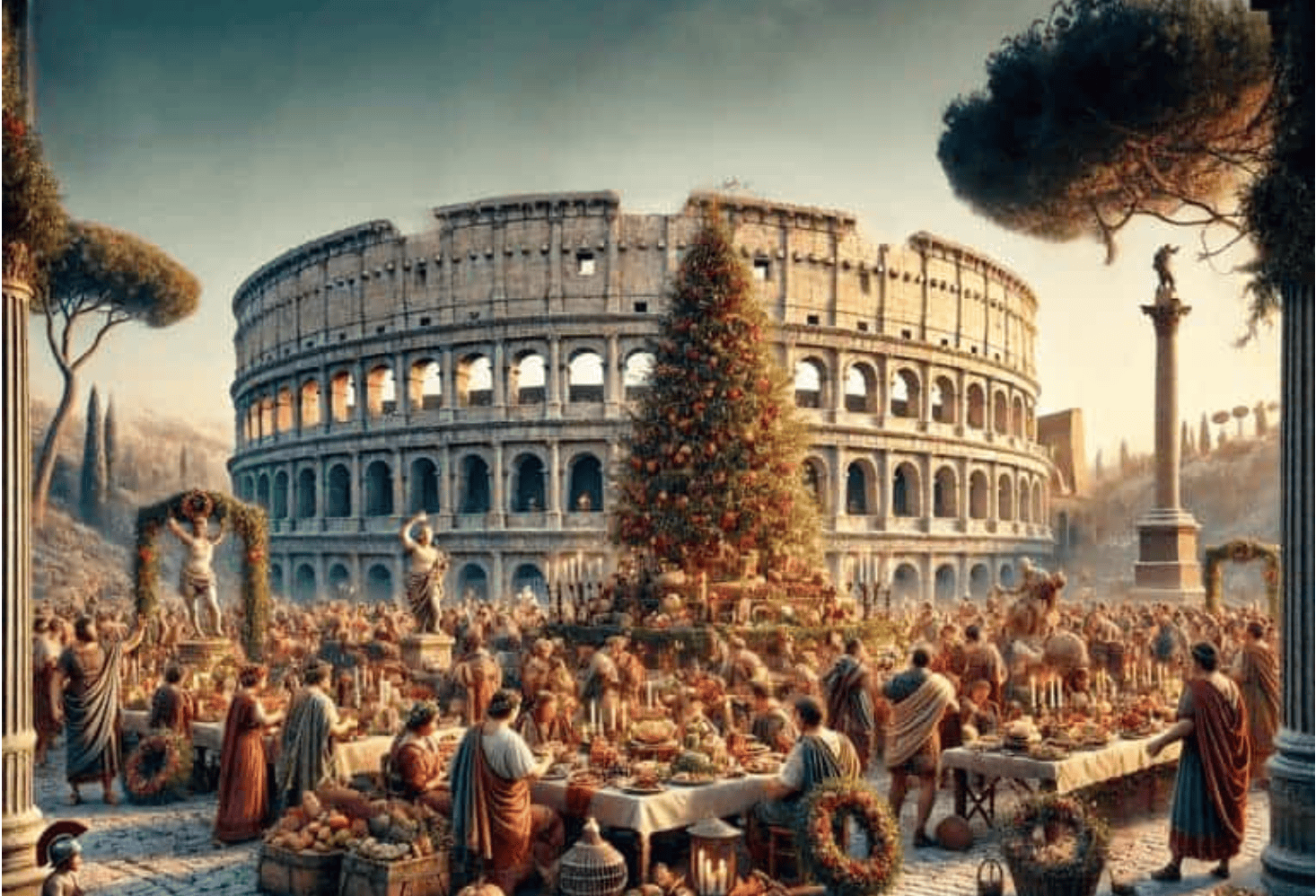 Christmas Eve dinner and Christmas Day lunch: festive traditions rooted in Solstice feasts
Christmas Eve dinner and Christmas Day lunch: festive traditions rooted in Solstice feasts George Washington had his secret recipe: here’s how Eggnog made a comeback in Europe
George Washington had his secret recipe: here’s how Eggnog made a comeback in Europe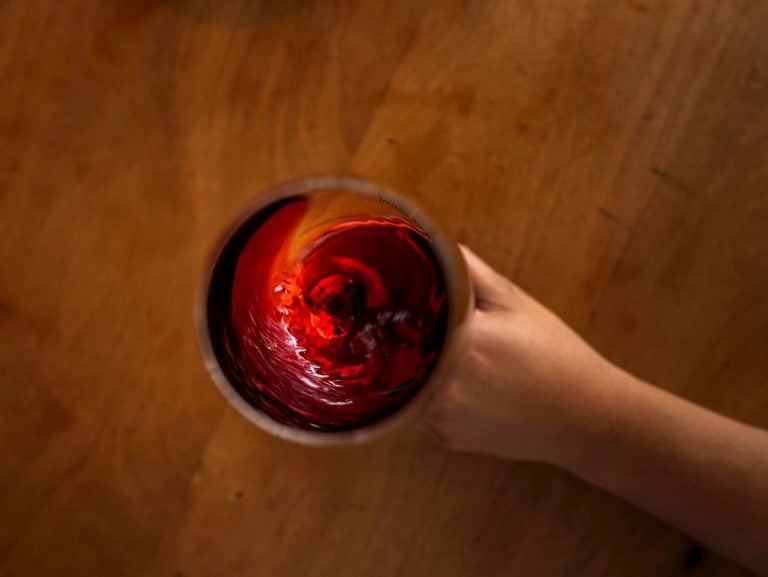 Historical breakthrough: Italy will also produce dealcoholised wines. Lollobrigida signs the decree
Historical breakthrough: Italy will also produce dealcoholised wines. Lollobrigida signs the decree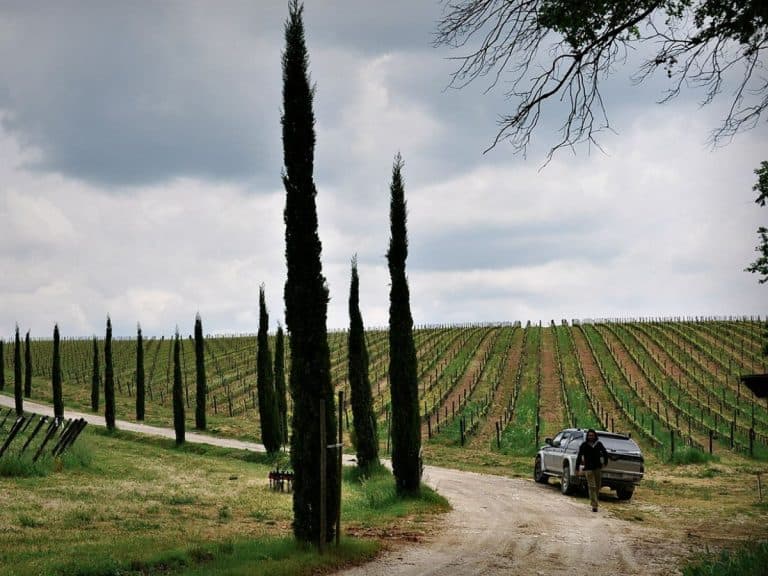 If you say Syrah, you say Cortona. The story of Stefano Amerighi and other Tuscan producers
If you say Syrah, you say Cortona. The story of Stefano Amerighi and other Tuscan producers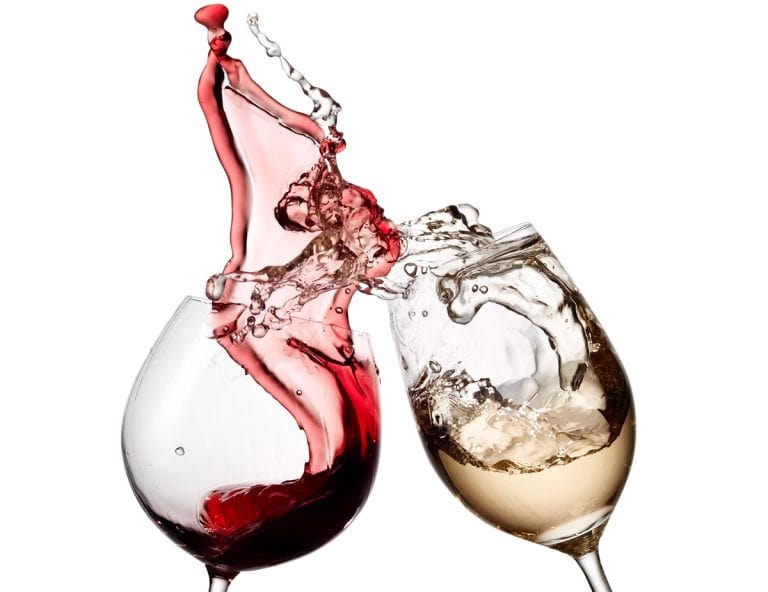 The Game (and the misunderstanding) of dealcoholised wines: even an expert critic can be fooled at first sip
The Game (and the misunderstanding) of dealcoholised wines: even an expert critic can be fooled at first sip
